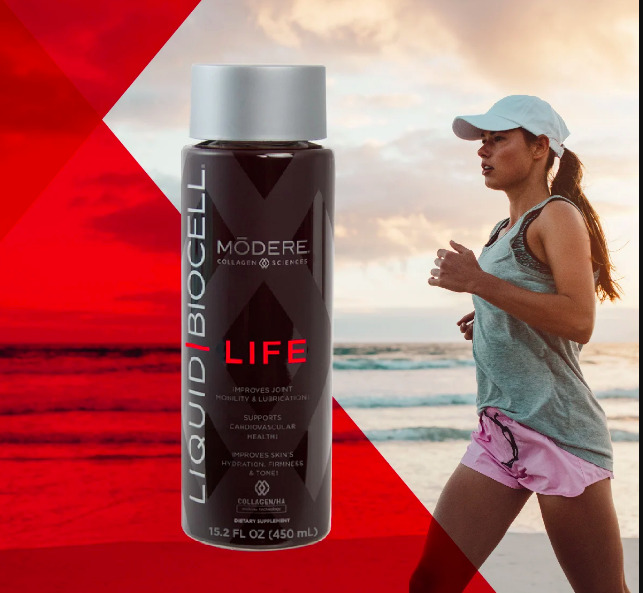

Improves skin’s microcirculation, hydration, skin tone and firmness*: Again, we’re talking about dose here.This is something I see all too often – a nutrition MLM making claims about a product, but not putting enough active ingredient into the product to match up with the doses used in studies. Virtually eliminates dryness*: Some studies have shown that oral HA may improve skin hydration – but only with significantly higher doses than you’d get with any of the Modere products.


Modere seems to have seen dollar signs in Biocell’s lame AF research, because they’ve has stuffed Biocell collagen into a bunch of products. While the 2012 study found some efficacy, the 2015 one was preliminary, short, and of poor methodology. To that effect, I found a 2012 study done with Biocell for osteoarthritis, and a 2015 study with 8 subjects looking at Biocell’s effect on exercise recovery. What is the research on Biocell collagen?
#Biocell life free#
It’s funny that the Biocell site has a huge ‘free-from’ list: their product “is non-GMO and free of gluten, soy, shellfish, fish, egg, milk, peanuts and sugar.”īut wait! It’s made from chicken sternums! Weird. Right? 8 years is a long time to prove something works. The company that makes Biocell collagen (and sells it to Modere) claims that it’s a different collagen formulation that combines collagen with chondroitin and hyuralonic acid, apparently creating some sort of miracle youthfulness mishmash.īut just as an aside, if something was this much of a miracle, I think we would have seen some miraculous results, never mind more research, since Biocell collagen was developed in 2012. In other words, eating collagen doesn’t do what you think it does.īut what about supplements of collagen combined with other things, like Biocell?īiocell is something I’m getting asked about a lot recently, so here’s my review! What is Biocell collagen? Our bodies reassemble those amino acids into different formations and send them where we need them – not necessarily in the form of collagen that plumps up our skin and strengthens our nails. In short, when we consume collagen, it’s broken down into individual amino acids just like any protein we eat. That doesn’t stop people from selling it like it’s the best thing that’s ever happened to them. It’s just all over the place. Like a lot of nutrition fads, collagen has experienced a meteoric rise in the media without the same sort of meteoric rise in the research. I’ve reviewed collagen, made videos on it, and have given countless media interviews about it. Is it that celebrities – not only Jennifer Aniston, but pretty much all of Hollywood – and influencers, have posted an infinite number of photos of themselves posed with their favorite collagen-infused drink? Barf. Is it the claims that are made about collagen – everything from fewer wrinkles to gut healing to less joint pain? Is it that it’s another protein option for our smoothies? Collagen has been a huge trend for the past few years. But what is it about collagen that has captured our attention?


 0 kommentar(er)
0 kommentar(er)
